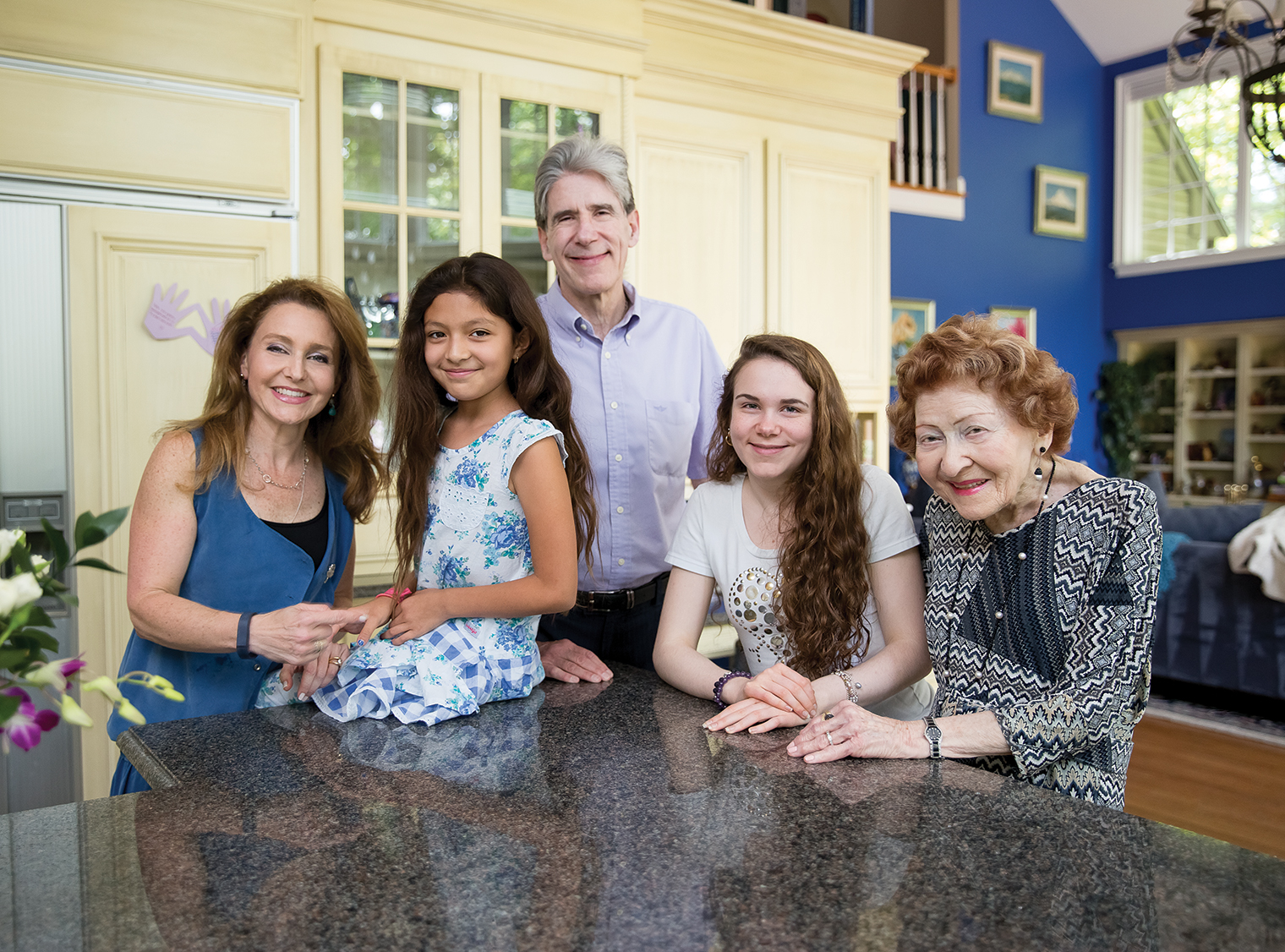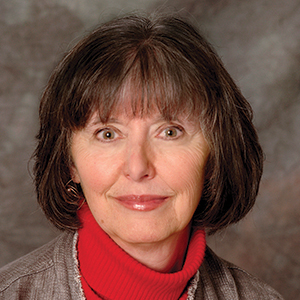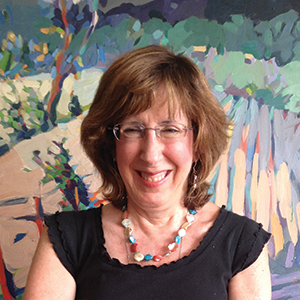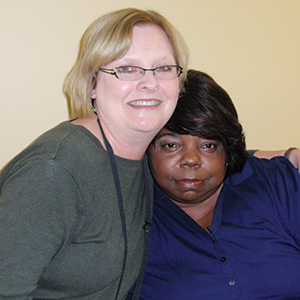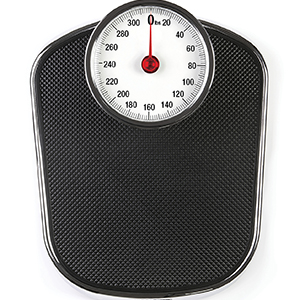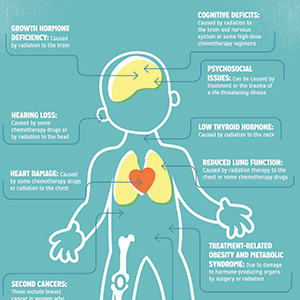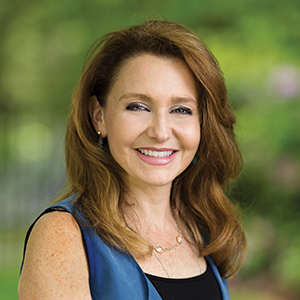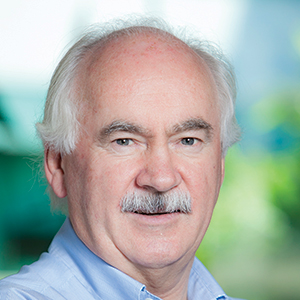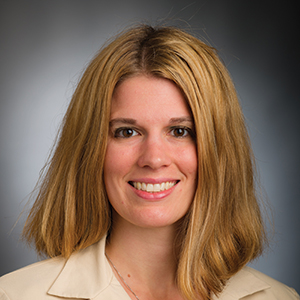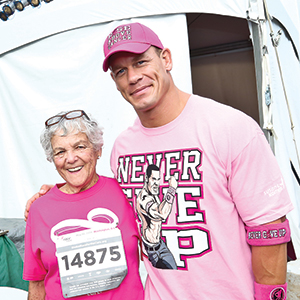Fall 2014 Vol. 04 Issue 03
-
Editor's Letter
Eat to LiveManaging your weight can help reduce your risk for cancer or cancer recurrence.
by Kevin McLaughlin
-
Your Cancer Guide
Making Tough ChoicesUse these pointers to ease some of the burden associated with difficult treatment decisions.
by Hester Hill Schnipper
-
Speak from the Heart
Connect with your partner by being honest about your emotions.
by Roanne Weisman
-
Striking a Balance
Setting clear goals can help you give back to others while taking care of yourself.
by Cynthia Ryan
-
The Weight of Obesity on Cancer Patients
Overweight and obese patients face worse side effects and survival odds than others with the same cancer. New efforts aim to help them get better care, become healthier and live longer.
by Melissa Weber
-
Life and Health After Childhood Cancer
Survival for children with cancer has improved dramatically, but longer life has revealed long-term health concerns.
by Sharon Reynolds
-
A Community Effort
Local programs within Native American communities are at the forefront of an effort to increase cancer screening and reduce cancer deaths.
by Sue Rochman
-
Survivor Profile
Closing the Cancer Care GapHealth economist and breast cancer survivor Felicia Knaul's mission, which first started as a grassroots effort to increase breast cancer screening in Mexico, has expanded to address cancer care inequities around the world.
by Alexandra Goho
-
Yesterday & Today
More Than a Girl SingerRosemary Clooney rebounded from a troubled marriage, addictions and mental illness to enjoy a long singing career. Since her death from lung cancer in 2002, treatment advances have offered some hope to other patients.
by Marilyn Fenichel
-
Q&A
Changing BehaviorJohn P. Pierce highlights the role of public health campaigns in cutting cancer risk.
by Susan FitzGerald
-
Sound Advice
Your Questions, Our AnswersDealing with chemo brain, keeping fit during treatment, and addressing caregiver depression.
-
Get Involved
A Canvas for CancerElizabeth's Canvas offers free art classes to those affected by cancer.
by Leigh Zaleski
-
In the Moment- Fall 2014
Jackie O’Neil, Djuan Lambert, Gerardo Martinez.
AACR conference brings experts together to discuss strategies to reach people historically left out of cancer research.
by Eric Fitzsimmons
Treatment Combination Improves Survival in EGFR-positive Lung CancerAdding chemotherapy to targeted therapy improves outcomes for people with advanced EGFR-positive non-small cell lung cancer.
by Sandra Gordon
Lessons From 20 Years Living With CancerMultiple myeloma survivor Jonathan Gluck reflects on uncertainty, and the scientific progress that has kept him living with cancer for more than two decades.
by Eric Fitzsimmons
The Enduring Importance of Cancer Disparities ResearchOpening session from AACR conference highlights how perseverance and adversity have informed cancer disparities research over the years.
by Eric Fitzsimmons

